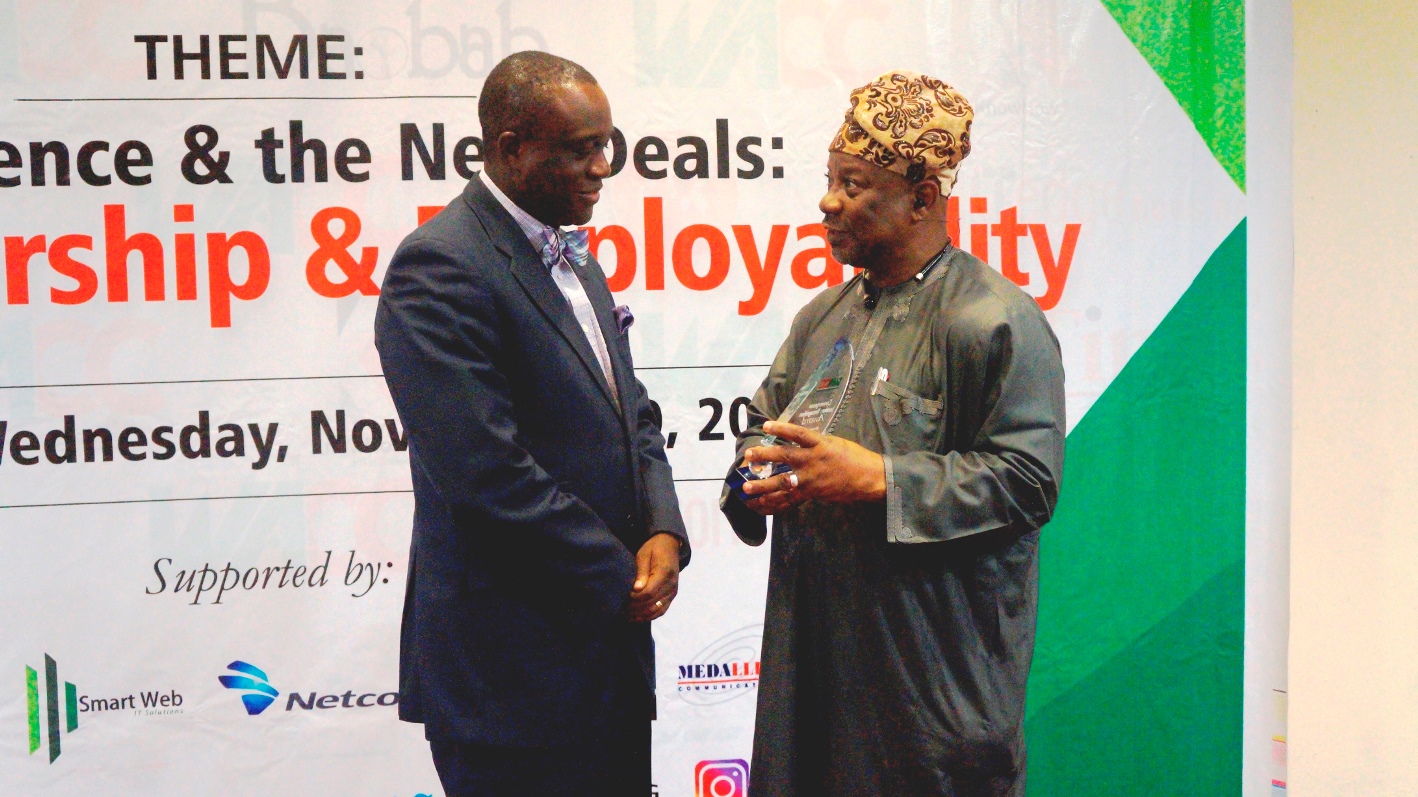Nigeria’s budding technology industry will continue to grow despite a mix of political, infrastructure and regulatory challenges, but growth could stale if stakeholders do not make strong head-push at addressing the challenges, experts who will be speaking at this year’s West Africa Convergence Conference (WACC 2019) seem to suggest.
Register for WACC 2019: https://thewacc.net/
For them, local content can fit well into the technology convergence mix if government becomes more aggressive in supporting indigenous IT enterprises to innovate and unload solutions into the market that will enjoy public sector led patronage.
While there has been a positive proliferation of startups able to raise money offshore to make that ecosystem very promising and an admissible level of commitment to patronize local technology efforts by those in government, there are still wide gaps to fully meet the local content policy in a way that could thicken the benefits of technology diffusion or convergence, said president of the Institute of Software Practitioners of Nigeria (ISPON) and Managing Director of Precise Financial Systems (PFS) Ltd, Yele Okerem.
“ISPON will be proud to publish that the compliance in the local content has scaled up. Nobody can deny all these. But when we look at what we should be doing, my opinion is that we have not even started at all,” added Yele during an interaction with IT Edge News in Lagos.
CEO of BSSL and immediate past president of ISPON, Olorogun James Emadoye said: “You keep hearing people talking about startups but you cannot be talking about startups when older companies that are already built and are supposed to be the one doing business are not seeing the businesses.”
“How do you develop the local market without patronizing the market? That is the challenge…. How can our children get employment when everything we do today is imported?”
Organized as an industry sponsored event by Knowhow Media and Market Intelligence International Limited (KMMIIL) publishers of IT Edge News, WACC 2019 is already enjoys tremendous support from public and private institutions including the National Information Technology Development Agency (NITDA), Nigerian Communications Commission (NCC), National Automotive Design and Development Council (NADDC), SmartWeb, NigComSat, Galaxy Backbone Ltd., Association of Telecom Companies of Nigeria (ATCON), and Medallion Limited. Others are Rack Centre, BSSL Limited, PFS Limited, ICS Limited, Backbone Connectivity Network (BCN) and Plateau State Information & Communication Technology Development Agency (PICTDA) among others.
“Here’s a vista for the industry to do a self-assessment of how it can cut through the existing challenges and gain positive traction for all stakeholders across industry verticals. The promise in technology or industry convergence or any convergence for that matter is the dynamism that bears on how stakeholders must respond to trends or perish. WACC is the platform for shared experience and networking of ideas to solutions,” said Co-Chairman, WACC 2019 Planning Committee, Dr Sola Afolabi.
Government needs a framework to foster value-creating policy-thrusts, said Director of Operations at PPC Limited, Patrick Ede. According to Ede, while the private sector has played significant role in driving the trends and growth in the ICT industry, real impact cannot happen without government providing the direction. His words: “The moment a government starts creating value in the citizens and utilizing what they have then it is creating employment….. The ICT industry has created more job than the energy sector and government can still do more….. How do we get the Huawei’s of this world to start assembling here? How do we support and replicate local ICT companies like Zinox? Government can support people to assemble this kind of systems and this will, in turn, create employment. We need to see more engagement of people in the private sector to help achieve government’s goal on local content.”
































